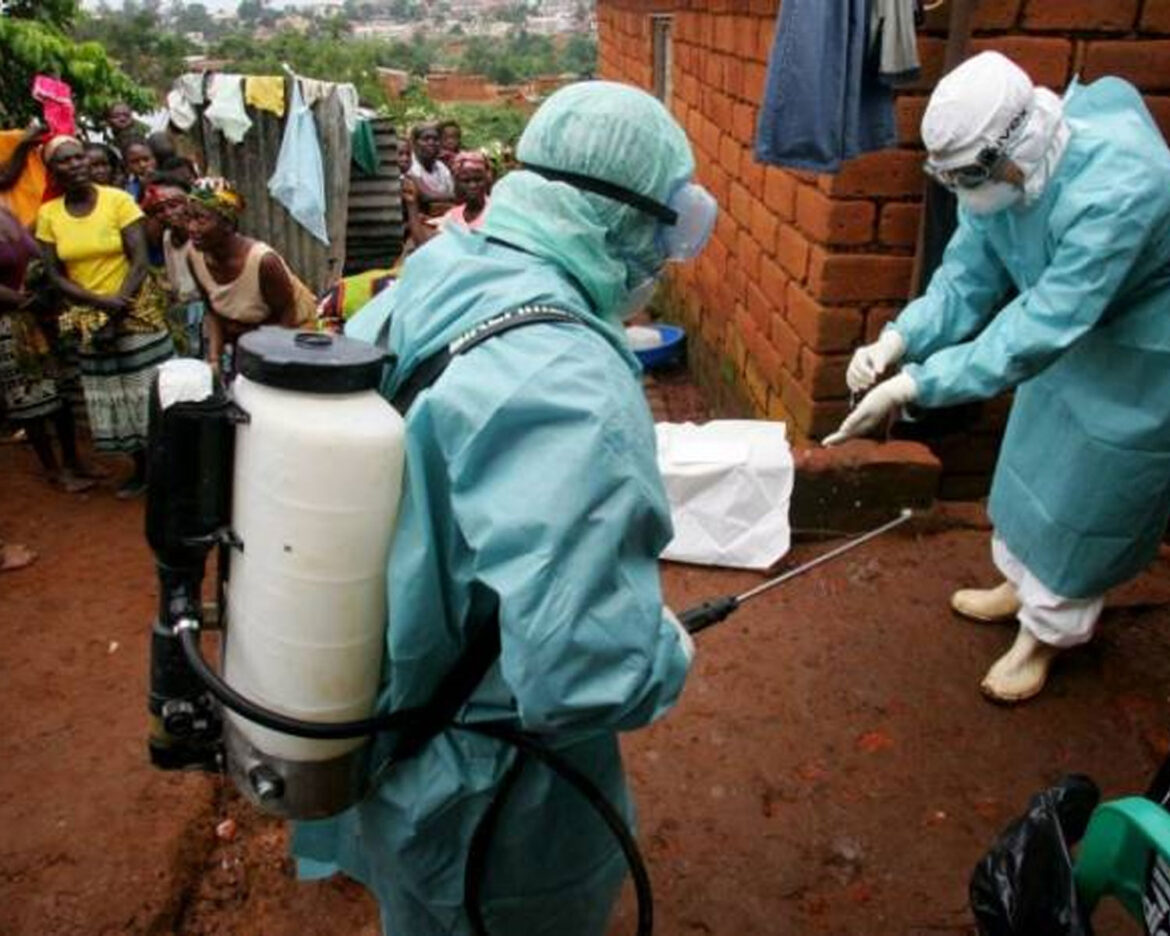A recent outbreak of the Marburg virus in Rwanda has resulted in 13 deaths within just two weeks, with a significant number of fatalities among healthcare professionals. The alarming situation has raised concerns among health officials, even as the Rwandan health minister reports that the outbreak is currently under control.
The World Health Organisation (WHO) has indicated that the Marburg virus carries a fatality rate of approximately 50%, although previous outbreaks have seen mortality rates ranging from 24% to 88%. The symptoms of this deadly virus include fever, muscle pain, diarrhoea, vomiting, and, in severe cases, significant blood loss.
The Marburg virus was first identified during outbreaks in 1967 in Marburg and Frankfurt, Germany, and Belgrade, Serbia. It was initially linked to African green monkeys imported from Uganda. Since its discovery, the virus has been found in various animal species and is primarily transmitted to humans through prolonged contact with bats in caves and mines.
In response to the outbreak, Rwanda has initiated vaccination trials, utilizing supplies from the Sabin Institute, a US-based non-profit organization. To date, 200 individuals, mostly healthcare workers and close contacts of confirmed cases, have received vaccinations. Plans are in place to expand the vaccination program as additional doses become available.
Despite the ongoing challenges posed by the outbreak, Rwandan health authorities remain committed to controlling the spread of the virus and ensuring the safety of healthcare workers on the front lines.



